
Only 12% of plastic waste used in Australia ends up recycled. For years, we’ve been sending plastic waste overseas to be processed. But now countries like China have refused to accept 99% of Australian plastic.
Nowadays, our recyclables often end up stockpiled in landfills or littered on the side of the road in parks, nature and oceans. Plastic is polluting the environment every day, and we need to create more proactive solutions.
What can I do?
There are many ways you can help reduce the amount of plastic pollution. A great place to start is from home. Many of us are unknowingly contributing to plastic pollution by using large amounts of single-use plastics. Some small changes you make at home could potentially contribute massively to reducing plastic pollution.
Here are some of the following ways you can help!
Switch to reusable bags
A plastic bag is used for 15 minutes on average but could take up to 300 years to decompose. Switch to reusable cotton tote bags for your grocery shopping rather than using plastic bags.
Ditch plastic straws for steel
Using reusable steel straws instead of plastic is a great way to make a small change for the environment. Plastic straws are only used for a short period of time and take hundreds of years to decompose.
Use reusable bowl covers
Instead of using cling film and other plastic products to cover your bowls, switch to reusable bowl covers. Bees wrap is also another great way to reduce plastic waste.
Switch to a reusable water bottle
Buying plastic water bottles is harmful to the environment, and can take 450 years to break down, and it still leaves remnants behind.
There are many ways to reduce your use of plastic and how it is being used. If you can make any change to help reduce plastic pollution, it will make a difference. If you are looking to dispose of heavy waste, contact our team at Bonza Bins for more information. The most affordable skip bins in Armdale!
Waste is an issue that we will always have to deal with, as humans will never stop producing waste. It’s critical to have different waste management methods in place, both at home and the workplace to protect the environment. Not disposing of your waste properly can result in damaging nature.
Keep reading to discover what landfills are, how they work, and the problems associated with them.
What are landfills?
Landfill sites exist globally. The purpose of a landfill is to designate space for waste to decompose. Landfills are properly regulated by waste management staff who have steps in place to ensure safe disposal.
How do landfills work?
A modern landfill is a highly engineered and regulated pit in the ground that is divided into “cells”. Each cell is carefully engineered to maximise compaction and eliminate potential environmental impacts.
These cells are filled with waste that cannot be recycled including
Certain landfills are licensed for particular waste types, for example not all landfills accept putrescible waste and some are licensed to accept hazardous material like asbestos, while others are not.
How are landfills built
Engineers design landfill cells with six to seven layers of lining to protect the environment surrounding the landfill. These layers protect the ground surrounding the cell. Sumps are then used to collect liquids that are produced as the waste breaks down.
How is odour managed?
The odours produced by landfills are the result of gases produced by decomposing waste. Most landfills practice common processes such as:
What happens when landfill reaches capacity?
When a landfill reaches capacity, it is “capped” and rehabilitated, to be turned into green spaces such as parks and community grounds. These will be maintained for up to 30 years after capping.
Why are landfills necessary?
Landfill meets a critical infrastructure need – to deal with the waste produced by businesses and households. This waste is projected to increase as populations grow and with current consumer behaviours. Even with improved recycling rates, there is a need for residual waste to be managed safely and effectively.
If you have any waste management questions or need to dispose of your own household waste. Contact our team at Bonza Bins to hire a skip bin that meets your needs. The most affordable skip bins in Fremantle!
Whether you’re clearing out the house, office or your garden – it’s crucial to correctly dispose of your waste. If waste is incorrectly disposed of, it can negatively impact the environment and harm surrounding wildlife.
There’s a lot of different rules surrounding waste disposal, so it can become confusing for individuals and businesses alike. Keep reading to discover what is classed as bulky waste and how you can correctly dispose of it.
What is bulky waste?
Bulky waste is material or items you wish to get rid of that are too big to fit in your wheelie bin. It can be anything from furniture, electrical appliances and bicycles to carpets, windows and garden waste.
How to dispose of domestic and commercial bulky waste
Waste management is crucial in every Australian household and the community at large. It’s vital to follow strict government laws in proper waste disposal, especially in disposing of bulky waste consisting of dry and wet waste. Here are some ways that you can legally dispose of your bulky domestic and commercial waste.
Donate to charity
A great option for disposing of bulky waste is to donate it at your local charity shop. Get in touch with them to discuss delivery options and donate it to someone in need. Keep in mind your items need to be in good condition.
Hire a skip bin service
Another option for disposing of bulky waste is to hire a skip bin from Bonza Bins. We offer a variety of different bin sizes for all your needs. We accept the following types of waste:
General light waste
Heavy waste
Please be aware that our large 8m³ and 10m³ skip bins do have weight restrictions and are unsuitable to be used for heavy waste.
Arrange a council collection
Many local councils have waste collection services, and you can book a slot with them. When booking your bulky waste collection, ensure that your waste is suitable to be collected and follows the rules of council collection services.
Be sure to contact our team at Bonza Bins to discuss your waste collection needs. The most affordable skip bins in Canning Vale!
Most of us understand that it’s our responsibility to dispose of our rubbish in a moral and ethical manner, either by hiring a skip bin, taking it to a recycling center or rubbish dump. For larger items, Bonza Bins can help you get rid of it cleanly, quickly and efficiently.
Unfortunately, some people opt to dispose of their trash unethically resulting in fly-tipping.
‘Fly tipping’ refers to the practice of dumping waste illegally. Rather than using tips, skips or waste disposal companies. Fly tippers simply dump their rubbish in a place where they hope they won’t be spotted. This might be in a neighbour’s yard, on the street or frequently out in the rural areas.
Depending on the type of rubbish and waste that is being dumped, it can be contaminated with harmful substances or materials that aren’t safe for the public. Household goods may contain substances that could kill wild animals if ingested.
Dumping a load of waste affects the ground and the local ecosystem on many different levels. As well as presenting a danger to animals, the earth could absorb toxins preventing future growth of greenery or even worse, permitting poisons to enter the plants, thus reaching even more insects and creatures. Fly tipping isn’t just an eyesore; it can actually present a very real danger to human health too.
Fly tipping and illegal waste dumping harms the environment, hurts our wildlife and brings vermin and potential diseases to the affected area. With multiple different ways to get rid of waste, there should never be an excuse for fly-tipping. If you are looking to get rid of heavy waste, contact our team at Bonza Bins. The most affordable skip bins Armdale!
Lithium batteries power our smartphones, laptops and many of the devices we use each day. It’s important we know how to properly dispose of the batteries to prevent contamination.
These batteries are made up mostly of other metals, including iron, cobalt, nickel, copper and aluminium. With the demand for non-renewable resources increasing, it makes sense that we would recycle the materials we have before mining them.
Here are some tips on how to recycle lithium batteries:
First of all, don’t throw your old phone battery or other lithium battery packs in your home recycling bin. These can result in fires, combustion and chemical leaks and need to be handled with care.
If you are looking to dispose of your phone battery or other lithium batteries laying around the house, find your local battery collection point online. Check with electronic retailers as they may buy back old phones and refurbish or recycle the battery themselves.
Once the batteries are collected and sorted, they are sent into an automated crusher that breaks them down into pieces of metal, plastic and lithium depending on the product.
The metal can be recovered in new products, while the lithium by-product is further purified for reuse. While most of this recycling process focuses on recovering materials like aluminium, copper and cobalt, there are ways to recover more of the lithium.
While many lithium batteries end up in landfill each year, many more are sitting around the house collecting dust. Recycling protects the environment, and also keeps the cost down of mining to produce future goods.
If you are a business looking to recycle lithium batteries and other batteries too, give us a call on 08 9331 7271 to enquire about how Bonza Bins can help you out. The most affordable skip bins Canning Vale!
It’s important that we are aware of what stuff goes in which bin to avoid contamination. When contaminated loads of recycling are found, it can potentially result in the whole load ending up in landfill. Here’s 10 tips on how to make sure you aren’t contaminating your rubbish.
Look out for recycling labels
Keep an eye out for the recycling labels on the back of packages and bottles. Determine whether or not an item is recyclable before throwing it in the trash.
Remove metal caps and lids
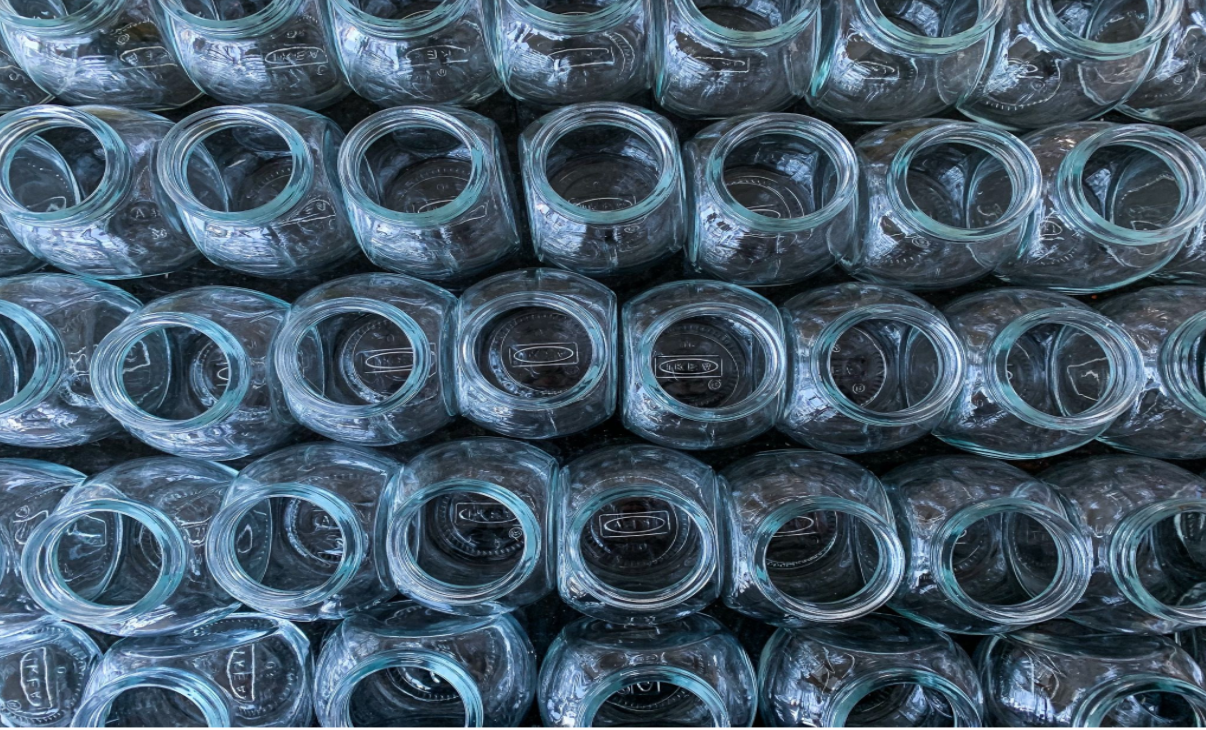
Metal lids and caps from glass jars can be put in the recycling loose because they will be captured by the magnetic sorter.
Empty and rinse all containers
Wet and soiled paper or cardboard is unusable at recycling facilities and will be diverted back into landfills instead of recycled.
Do not recycle plastic bags
Plastic bags are one of the number one recycling contaminators. They get tangled in the gears at recycling facilities, which can be hazardous to the workers who have to untangle them.
Safely dispose of batteries
Throwing batteries in the recycling bin is dangerous. They can cause fires due to combustion and medical leaks. They can also leak on other materials such as paper and cardboard and contaminate the rubbish load which will then end up in landfill.
Coffee cups belong in the trash

Coffee cups are not actually recyclable. They have a plastic lining on the inside which prevents the liquid from leaking. Throw these in the trash to avoid contamination.
Soft paper products cannot be recycled
It’s common to think that items such as tissues and paper towels, napkins are recyclable. They are soiled by the time they are ready to be recycled which means they can contaminate other recycling products.
Pots and pans cannot be recycled at home
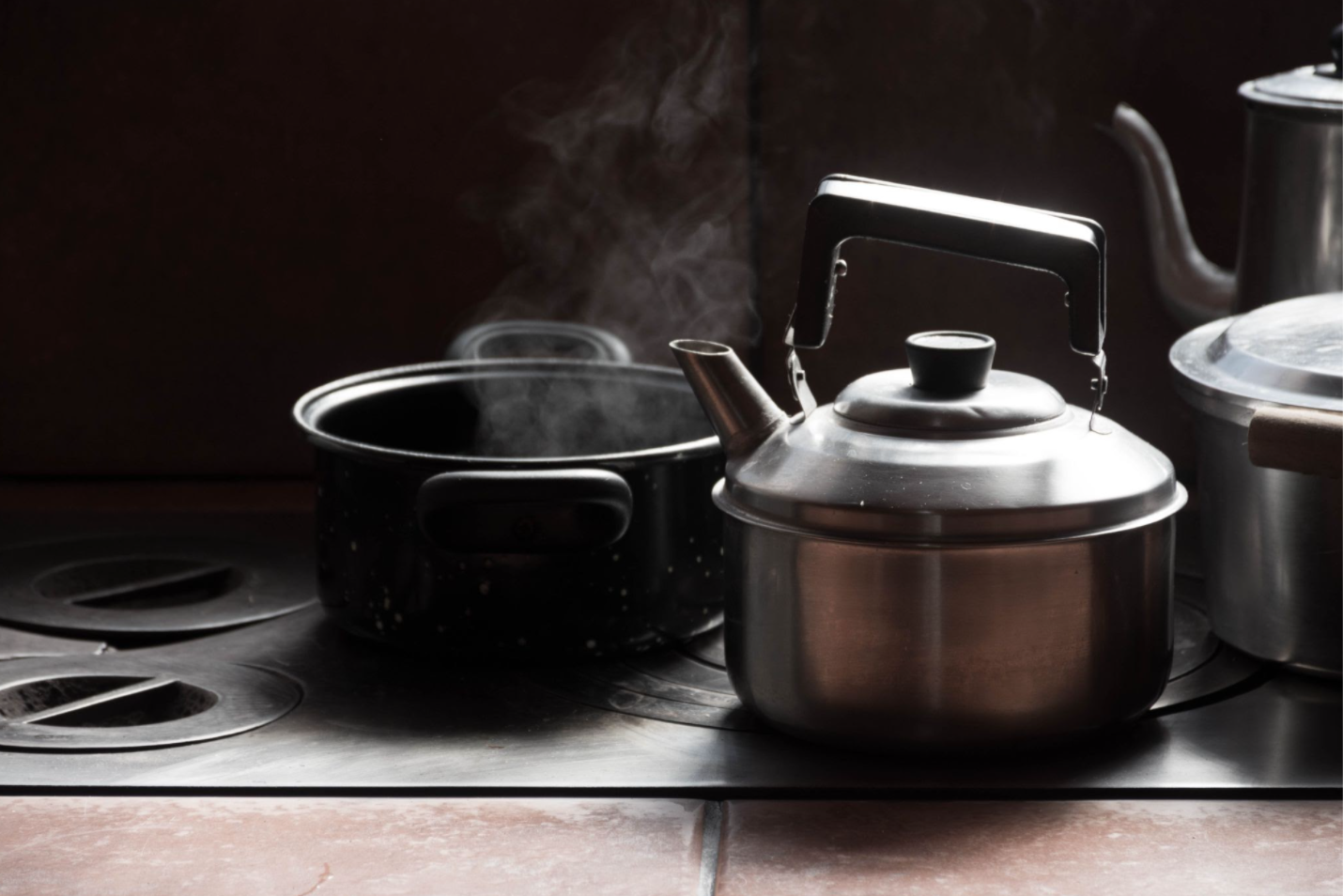
Pots, pans and cutlery items can be recycled at your nearest recycling facility or donated at your local charity shop.
Compostable items can contaminate your recycling
Compostable items can contaminate your recycling. The processes of composting and recycling are very different, so you can’t recycle food waste or compostable serviceware.
Recycle household products
Don’t forget to recycle shampoo bottles and other household products around the house. Rinse the bottles thoroughly and make sure to check the recycling labels.
It is important to maintain a healthy recycling program so we can make better use of our limited resources and help reduce our carbon emissions. If we learn to stop recycling contamination, we will be able to help our recycling facilities flourish safely and efficiently.
If you are looking to get rid of waste our team at Bonza Bins are happy to help you. Get in touch with us. It’s also always a good idea to look for more sustainable options whenever possible in order to avoid the landfill. The most affordable skip bins Armdale!
It’s no hidden fact that we are constantly glued to our devices – laptops, tablets, TV’s and most of all – our phones. It is estimated that in 2021, around 1.5 billion mobile phones will be shipped. That averages out to be 1 for every 5 people.
Unless they are traded in for a new device, each of those devices will eventually run their lifespan and become electronic waste. The most recent figures from the ABS show that the Australian economy generated 465,818 tonnes of e-waste in 2016-2017 with 253,507 tonnes (54.4%) ending up in landfill.
Electronics can contain toxic substances such as lead, mercury and cadmium which must be disposed of carefully. Many of the materials used in making these products can be recovered and reused, including plastics, glass, metals and aluminum. No matter what, make sure you completely erase all your personal info off your devices. Here’s a few steps on how to safely recycle your electronics.
If your used device still works, or even if it doesn’t – there are charities and nonprofits out there that would be happy to take it off your hands. You can check with local organizations, charities and recreation centers.
Many phone shops offer recycling programs for used or broken phones. Alternatively, If you’re looking to upgrade your phone, you can look at trading in your old device and using a credit towards getting a new one.
With devices being inexpensive and so easy to upgrade, with new things releasing every day we often don’t think about repairs. Lot’s of things can be repaired, you can search for local repair shops in your areas and help out a small business.
There’s definitely money to be made by selling devices that aren’t so old on sites like Gumtree or Facebook Marketplace. If you have family or friends who love to repurpose old gadgets to create something new, it might be worth donating those older devices to them for an upcoming project.
Depending on what you choose to do with your old devices, whether you donate, recycle or repurpose. Safely disposing of your electronic waste is very important. For most other types of waste, make sure to get in touch and order the best skip bins in Fremantle. If you have any questions, contact us! The most affordable skip bins Fremantle!
Australians generate over 67 million tonnes of waste each year. Of that number, 54 million tonnes is referred to as “core waste” and is dealt with by the waste and resource recovery industry. After we toss our rubbish in the trash and it gets collected, we don’t give much thought onto what happens next. Where your recycling ends up depends on what kind of material it is. Broken glass, food, plastic bags, rubbish and liquids increase the chance of the material being sent to landfill.
While efforts made to recycle have improved over the years with our consumption of plastic materials constantly increasing. It’s more important than ever that we work on reducing the amount of waste that makes it to landfill.
A large amount of waste – roughly 6.7 million tonnes is organic waste from food and gardening scraps. These create methane-rich greenhouse gases as they decompose. Only 2 percent of our waste is converted into energy.
It’s estimated that about 130,000 tonnes of Australian plastic ends up in waterways and oceans each year. The three main ways in our waterways, according to WWF, are littering, products like wet wipes being flushed and plastic flying away from landfill processing.
There are a few steps before recycling to prepare for what is called “manufacture ready”.
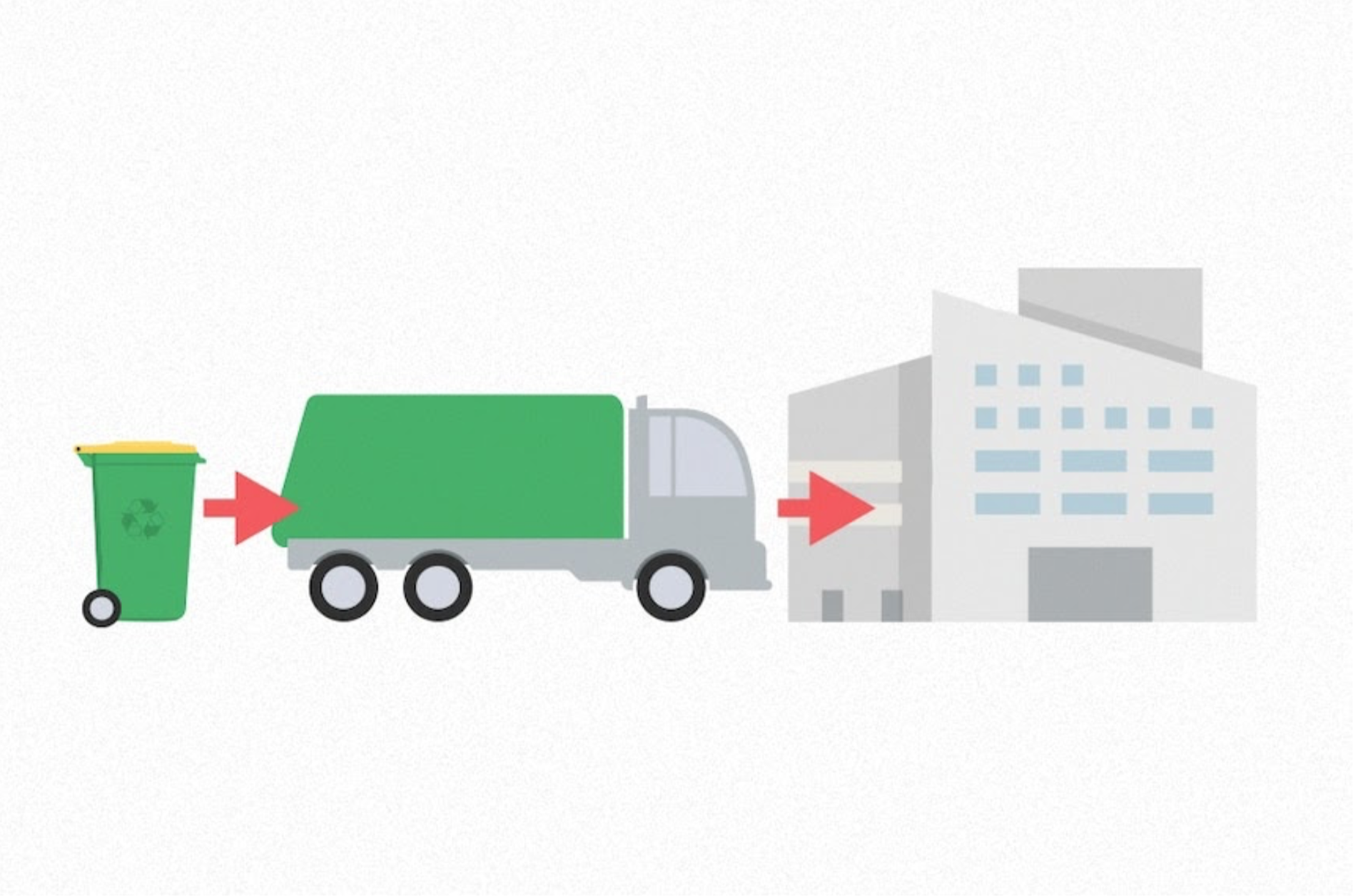
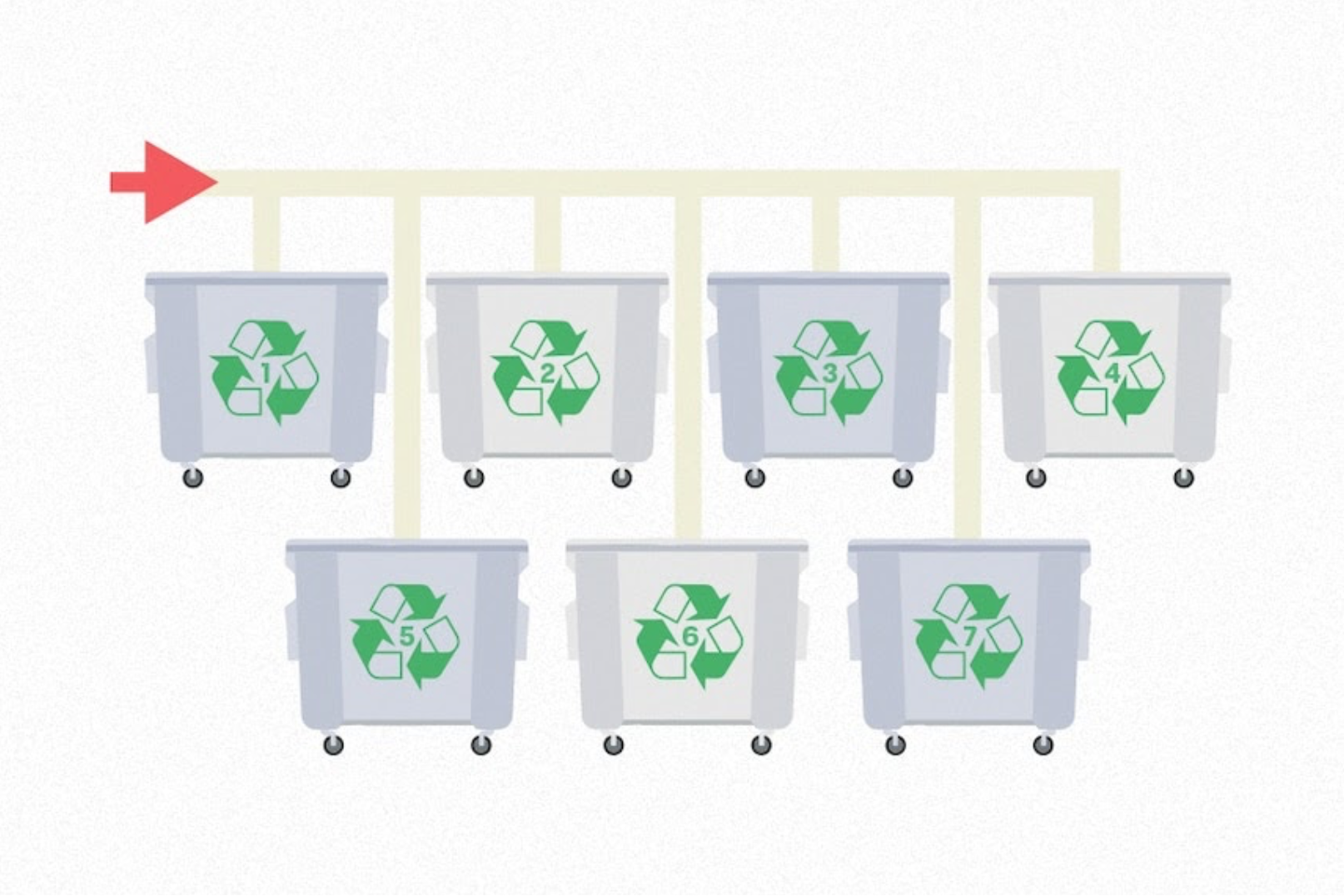
Most of the time, even when your recycling is placed in the right bin – a lot of it is unusable due to contamination. Broken glass, plastic bags, waste, food and liquids all increase the chances of the materials being sent to landfill. Things like plastic-lined paper, tissues and glassware often don’t make the cut.
While we work on educating ourselves and those around us on the proper way to recycle, we still need to dispose of our waste. Skip bins are a great way to dispose of your household waste in a safe manner, anything from green waste to construction scraps. Bonza Bins will gladly help you out, need more info? Contact us. The most affordable skip bins Fremantle!
The guidance around what can or can’t go into the recycling bin can be confusing at best. During the lockdown, Australia had seen a massive increase in general household rubbish and waste disposal. We have seen an influx of more online shopping, home renovations, and general household waste from more people staying at home.
Australian’s are known to produce 540kg of household waste per person each year. As a result, we are generating 670 million tonnes of waste each year as a country. However, only 37% of this amount is actually being properly recycled. Despite the increased awareness over the years, you might be surprised at how much of our waste is actually being recycled. Here’s our handy guide on how to recognize recycling and waste symbols.
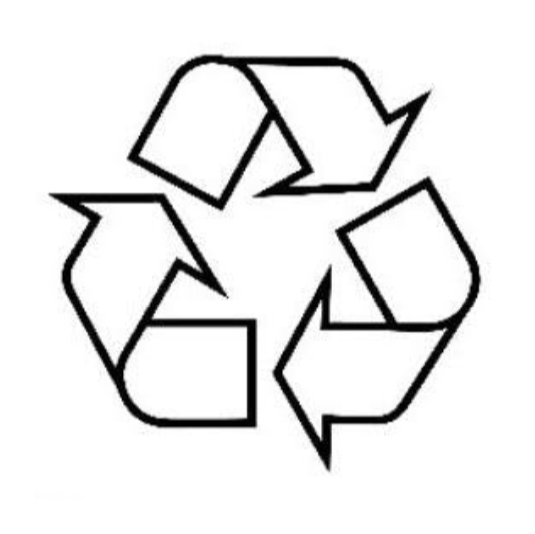
The most recognizable symbol of them all is the Mobius Loop. It’s safe to say all items with this symbol are recyclable. However, before you toss your item into the trash it doesn’t guarantee the item will be accepted by your local authority. It only means that the item can be recycled. Keep scanning the product’s label or check in with your local authority to confirm.
Helpful hint: If a percentage appears in the middle of the Mobius Loop, this tells you how much of the product is made from recycled materials.
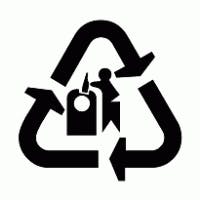
This symbol is a reminder to recycle in the glass container. Be sure to check if you must separate by colours.
Helpful hint: Glass produced from recycled glass reduces related air pollution by 20% and related water pollution by 50%.
This represents packaging made from recyclable aluminium that can be recycled again.
Helpful Hint: Recycling steel and aluminium saves up to 95% of the energy required to produce metals from raw material.
These codes represent the type of plastic an item is made from and are not a reference to whether it is recyclable or not. Local authorities tend to not ask you to recycle your plastic by resin codes. If you are unsure, check with your local council.
Electrical Waste
This means do not dispose of electrical items in your general waste. There are various organisations and channels that will recycle electrical waste. The best point of contact is your local authority.
Paper and Card
Glass
Aluminium
Electrical waste
Batteries
Plastics
Find out about your local waste management system as they vary. Work on educating those around you on how to properly reduce, reuse and recycle. If you are looking to dispose of excess household waste after property renovations check out Bonza Bins skip bin hire. If you have any questions, don’t hesitate to contact us. The most affordable skip bins Armdale!
Most of us want to help the environment by recycling as much as we can. Australian’s are known to produce 540kg of household waste per person, each year. As a result, the country is generating an estimated 67 million tonnes of waste, but only 37% is being recycled. Below are some ways to get your kids involved in upcycling, and let them turn their waste into a fun creative project.
This amazing idea to upcycle your tin cans and turn them into planters. You can have the kids decorate these however they want, and then plant their favourite flower.
Don’t toss out your empty cartons, reuse them to create these cute bird planters which your kids can decorate with their favourite paints and colours.
Stained Glass Jars
If you’ve reused all your old pasta jars but they keep piling up, you can get the kids involved in this fun activity. Colour in your old glass jars with sharpies, these can be reused as pencil holders.
If you’ve got extra cardboard laying around the house, this DIY playhouse is the perfect upcycling hack. The kids can decorate it however they want, and it’ll make playtime more entertaining.
Bubble Refill Station
Reuse your old detergent bottles and create this fun bubble refill station for the kids to play with.
We can all make a difference with our waste management, even if you follow a few of the upcycling ideas above. At Bonza Bins we make rubbish removal easy. We accept almost any kind of waste and we have skip bins of any size to cater to your needs. For more information about our services, make sure to get in touch and order the best skip bins in Armadale and the Southern Suburbs.